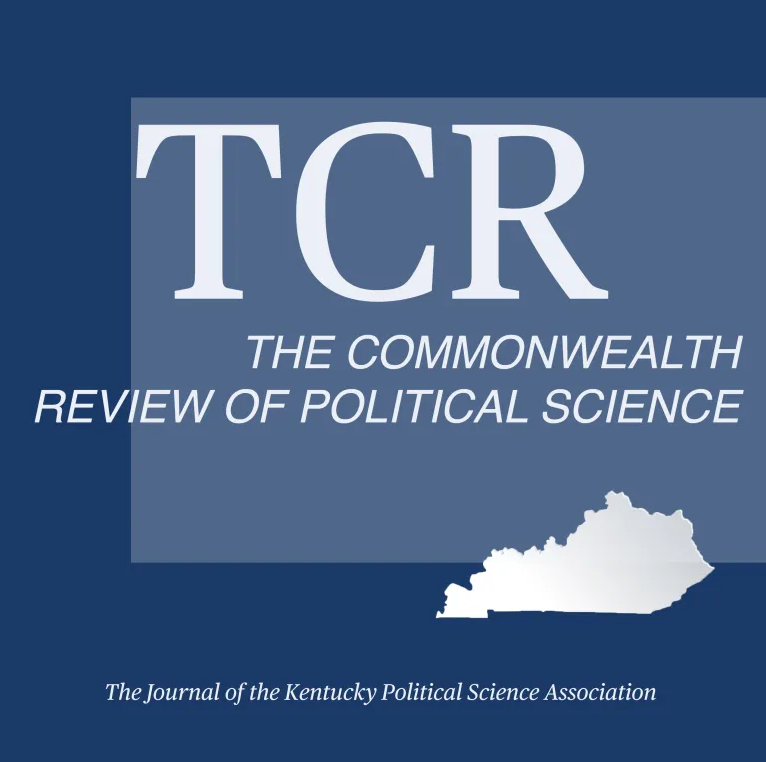Commonwealth Review of Political Science

Abstract
Even though the American Framers self-consciously designed a system of government that did not depend on an enlightened statesman being at the helm, this paper argues that they believed statesmanship was not only compatible with republican government, but that it could act as a kind of antidote to some of the ailments most likely to afflict it. Scholars today generally dispute this suggestion. They m:gne that statesmanship is, in several important respects, positively antithetical to important democratic ideals. Having surveyed those objections, this paper argues that the contemporary understanding is flawed because it rests on a misconception of democracy and the political regime more generally. A republic is more than a set of institutions and, in fact, depends on shared beliefs respecting the true and the just. Above all, statesmen preserve and perpetuate the regime' foundational opinions and ideals. A look at some of America's premier statesmen demoru;trates that they were stewards of the most important things at critical junctures in the country's history, the principles and bonds of fellow feeling that give America its distinctive character and cohesion.
Recommended Citation
Simpson, Timothy L.
(2015)
"The Steward in Statesmanship: Taking Responsibility for the Most Important Things,"
Commonwealth Review of Political Science: Vol. 3:
No.
1, Article 2.
DOI: https://doi.org/10.61611/2994-0044.1016
Available at:
https://digitalcommons.murraystate.edu/crps/vol3/iss1/2
Included in
History Commons, Political Science Commons, Psychology Commons

